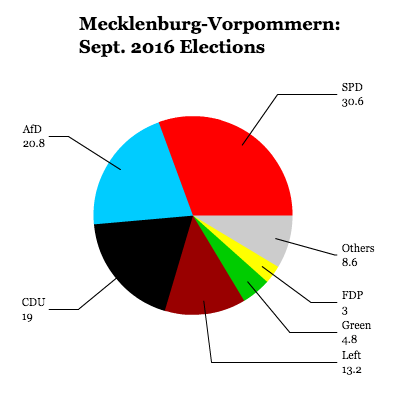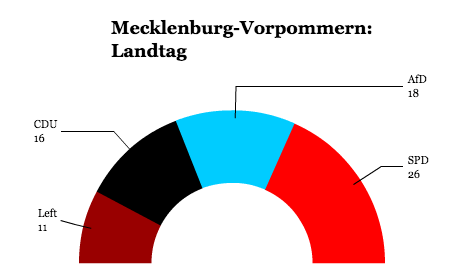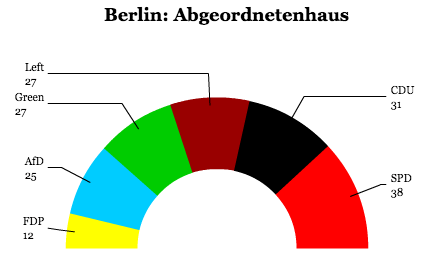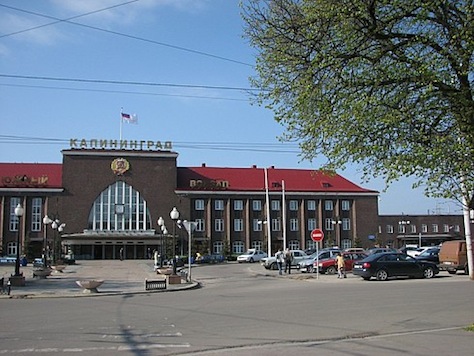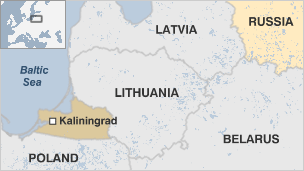
No sooner than Martin Schulz seemed to have captured political lightning in a bottle, his party fizzled in the first state-level test in the leadup to Germany’s autumn federal election.![]()
![]()
In the southern state of Saarland last weekend, chancellor Angela Merkel’s center-right Christlich Demokratische Union (CDU, Christian Democratic Union) not only won the election, but improved its support since the last election in 2012, giving the state’s conservative minister-president, Annegret Kramp-Karrenbauer, who has served in that role since 2011, a second term.
Headlines blared that the narrow defeat somehow marked a defining moment for Schulz, the newly crowned leader of the center-left Sozialdemokratische Partei Deutschlands (SPD, Social Democratic Party), which has pulled into a virtual tie with the CDU in opinion polls for the national vote in September.
Don’t believe the hype.
It’s one of the smallest of Germany’s sixteen states, both in area and in population (996,000). Nevertheless, Saarland’s size isn’t the only reason its election results will have little impact on a federal election still six months away and even less predictive value. It’s true that the state election, the first of three such state-level votes this spring, showed that the CDU’s political power isn’t evaporating overnight. But Merkel and Kramp-Karrenbauer, whose Christian Democrats led every opinion poll in the weeks and months preceding the vote, should have expected to win Saarland’s election.
* * * * *
RELATED: As Gabriel steps aside, Schulz gives
Germany’s SPD best shot in a generation
* * * * *
Though the renegade Social Democrat Oskar Lafontaine — one of the founders of what is today the democratic socialist Die Linke ran the state government from 1985 until 1998, when he briefly became Germany’s finance minister, Saarland before 1985 — and since 1999 — has always been friendly territory for the Christian Democrats.
Far more consequential will be the state elections in North Rhine-Westphalia, the most populous state in Germany (with around 17.8 million people) and one of its most wealthy, on May 14 — and in Schleswig-Holstein a week earlier.
In NRW, Hannelore Kraft, a pro-growth Social Democrat who has often been mentioned as a future chancellor, is hoping to win reelection to a third term (she assumed the office of minister-president in 2010). Though the state is historically competitive, Kraft is a popular official, and the SPD has recently taken a meaningful lead since Schulz — who grew up in Eschweiler, a city on the state’s western edge near both The Netherlands and Belgium — became the party’s chancellor candidate. If the Social Democrats fail to hold NRW, it will be a far more depressing harbinger, for many reasons (a fifth of the German electorate, a longtime bellwether, popular SPD incumbent, Schulz’s home state), than the Saarland result.
Continue reading Saarland’s predictive value for German federal elections is virtually nil


